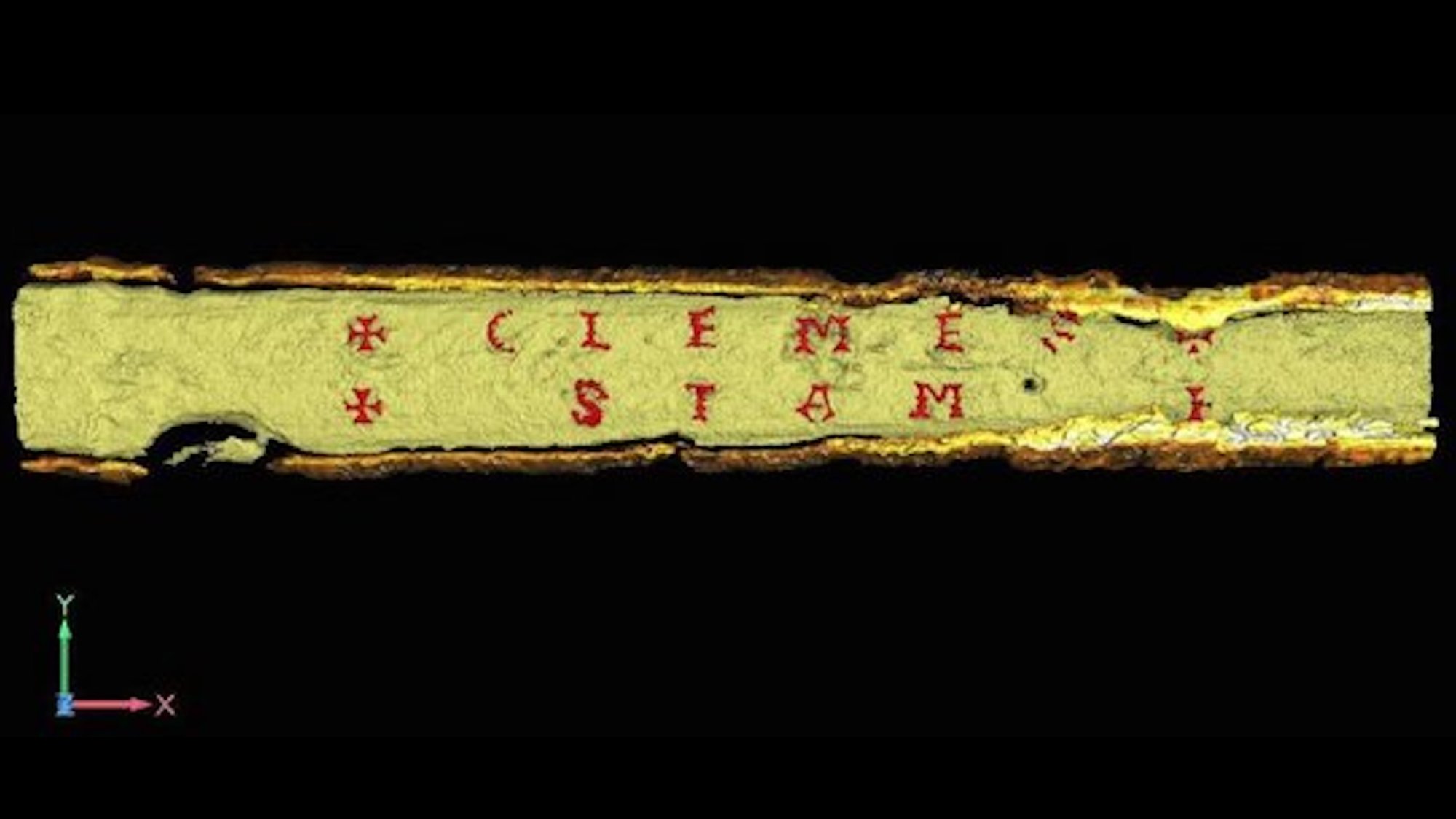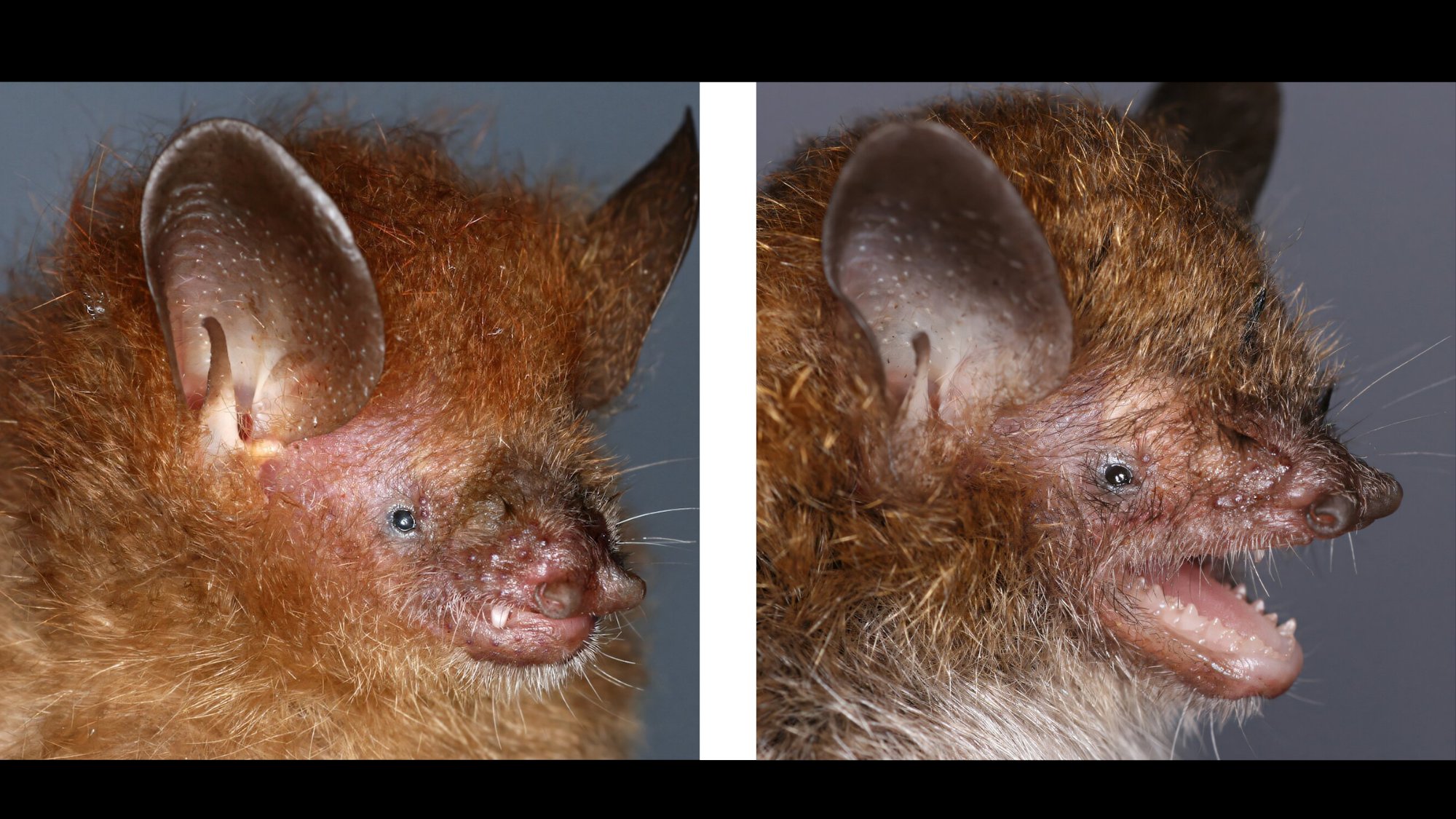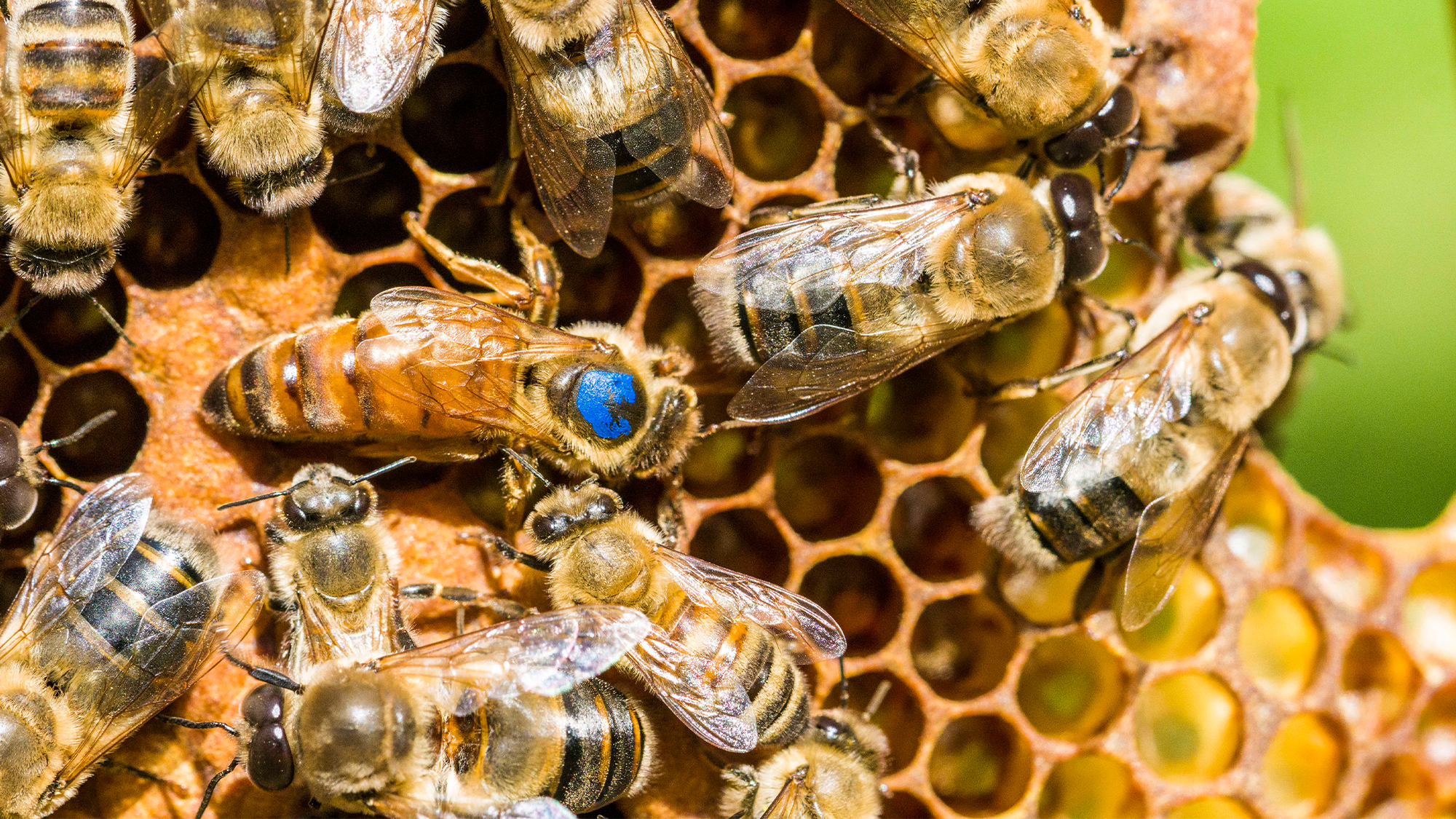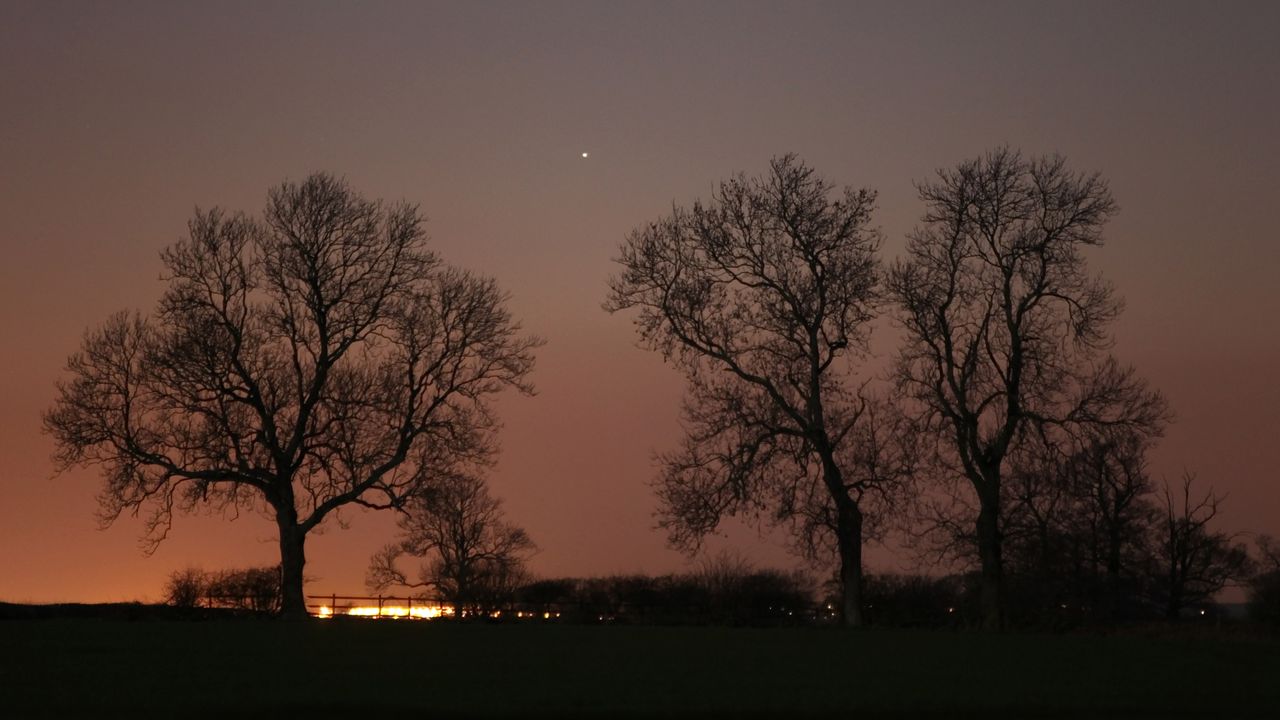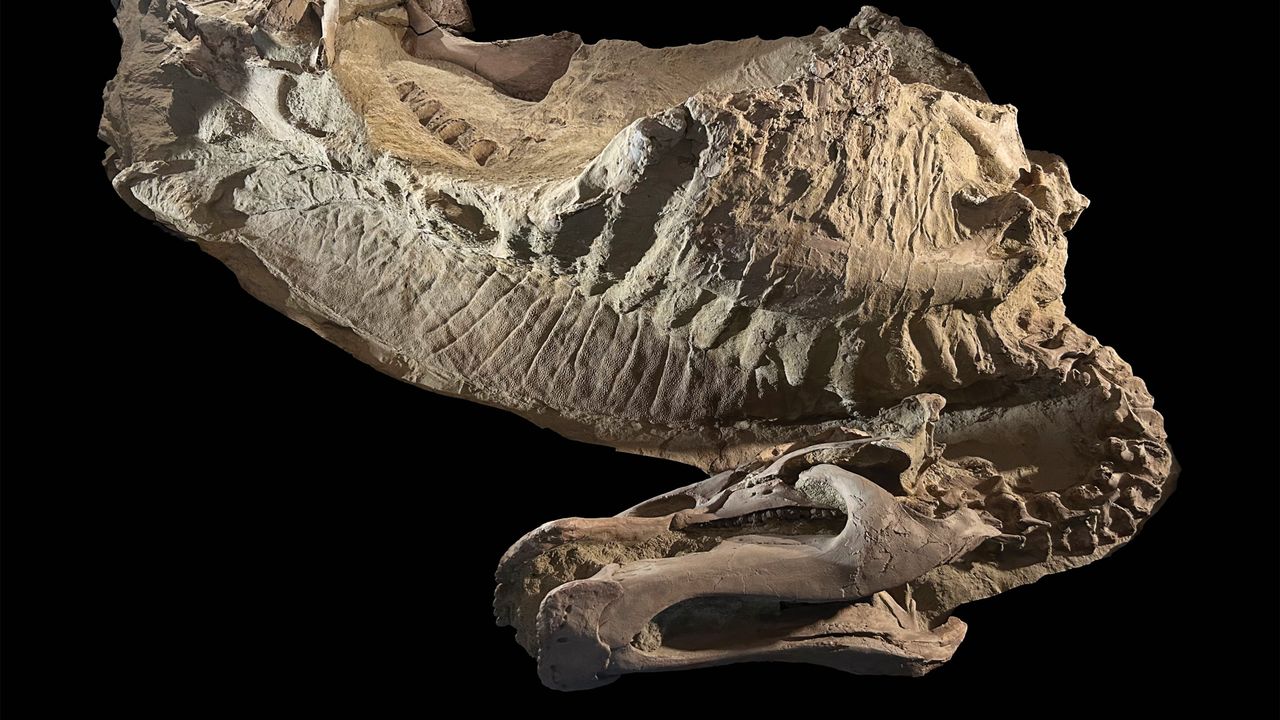Why you ‘see’ things in the dark, according to an ophthalmologist
NeutralScience

Have you ever noticed flickers of light or patterns when it's dark? An ophthalmologist explains this intriguing phenomenon, shedding light on how our eyes and brain work together in low-light conditions. Understanding this can help us appreciate the complexities of human vision and the science behind our perception.
— Curated by the World Pulse Now AI Editorial System



